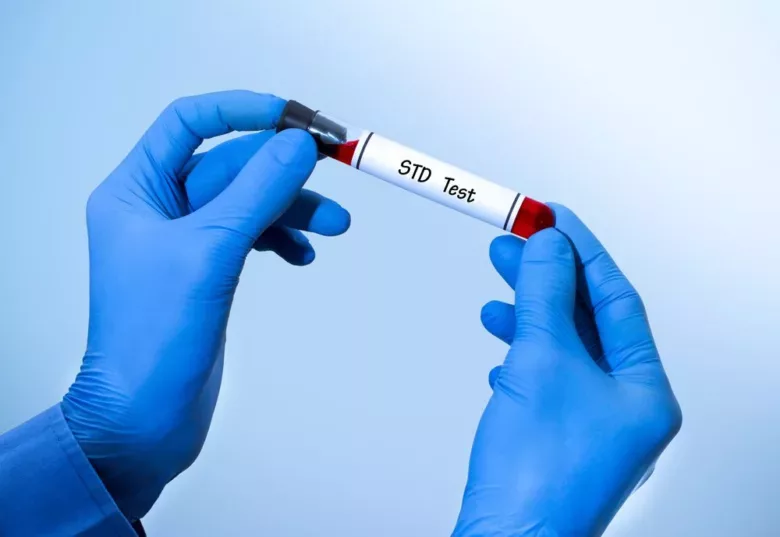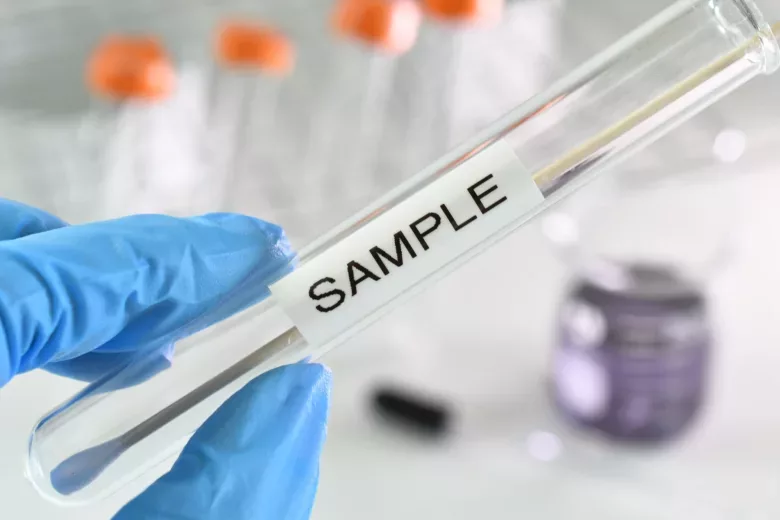Many STDs have no specific symptoms or don’t have symptoms at all, making it hard to recognize when to get tested. A study shows that 68 million individuals were living with Sexually Transmitted Infections (STIs) in the US in 2018. If you are sexually active, you must get tested.
If untreated, STDs can severely affect your health, even leading to infertility and cancer. Testing is the best way to know if you have any STD. But how do you know which test to get? Let us break it down for you.
Types of STDs
Before we talk about the types, let us understand what is an STD. Sexually Transmitted Diseases (STDs), or as the experts call Sexually Transmitted Infections (STIs), are passed through sexual contact. This could be through vaginal, anal, or oral sexual contact.
If you think that you have an STD or feel that you must get a test just to be sure, it is always necessary to get in touch with a healthcare provider. Your doctor might recommend you to get tested for some of the most common STDs like:
- Gonorrhea
- Chlamydia
- Syphilis
- HIV
- Hepatitis B
- Trichomoniasis
Herpes is another type of STD. However, your doctor might not recommend getting tested unless you have known exposure or ask for a test.
Who should get tested for STDs?
To be on the safe side, if you have been in sexual contact with anyone, it is better to get tested. Here are some of the STD testing recommendations:
- All adolescents and adults from 13 to 64.
Individuals in this age group should get tested for HIV at least once.
- Sexually active women
Women, especially those who are older than 25 and have multiple sex partners or have intercourse with strangers have a higher risk of contracting STDs, should get tested. These individuals should get tested for Chlamydia and Gonorrhea.
- Pregnant women
Pregnant women should get tested for HIV, Syphilis, Hepatitis B, and Hepatitis C at the beginning of their pregnancy. Women with a higher risk of Chlamydia and Gonorrhea should also get tested in the early stages of their pregnancy.
- Sexually active gay, and bisexual men
- These individuals should get tested at least once a year for Chlamydia, Syphilis, and Gonorrhea. People who have multiple partners should get tested more frequently.
- They should get tested at least once every year for HIV.
- If they have HIV, they should also get tested for Hepatitis C at least once every year.
- People engaging in anal or oral sex
You should contact your healthcare provider about rectal and throat testing options.
- People with partners who have STD
Anyone who is in a sexual relationship with an infected person should get regularly screened for the specific STD.
If you think you have symptoms of STD, should you get tested?
Talk to a healthcare provider about being tested if you’ve had sexual contact in any form with another person and you detect any STD symptoms. Over time, STD symptoms may appear and disappear, but the disease is still present. Even though it’s typical for STD symptoms to seem minor, you should still visit a doctor if you feel out of the ordinary about anything.
Every STD has a different set of symptoms. Here are some signs that you should watch out for:
- Sores or lumps in and around the genitalia, or thighs.
- Strange discharge from the penis or genital area.
- Having to urinate a lot or feeling a burning sensation when you do.
- Itchiness, soreness, inflammation, or swelling in the vagina, penis, vulva, or anus.
- Fever, swollen glands, body aches, fatigue, or other flu-like symptoms.
Even though getting tested may feel daunting, try to keep your composure. The majority of common STDs are treated with medication. Additionally, there are frequent therapies for STDs that cannot be cured that can help with symptoms and reduce your risk of spreading the disease to others. Therefore, the sooner you start caring for yourself and your partner(s) after discovering that you have an STD, the better.
Choose Affordable Rapid Testing, Phoenix, for your STD tests
Have you been wondering ‘where to get an std test in Phoenix’? Affordable Rapid Testing in Phoenix, Arizona, offers safe, discreet, and reliable STD testing options. With Affordable Rapid Testing, you will be in safe hands. Head to their website to learn more.


